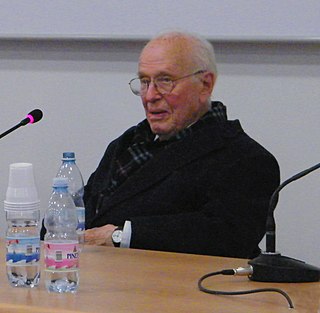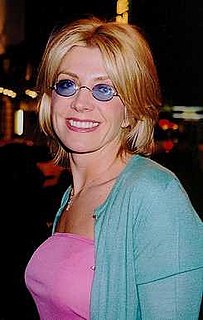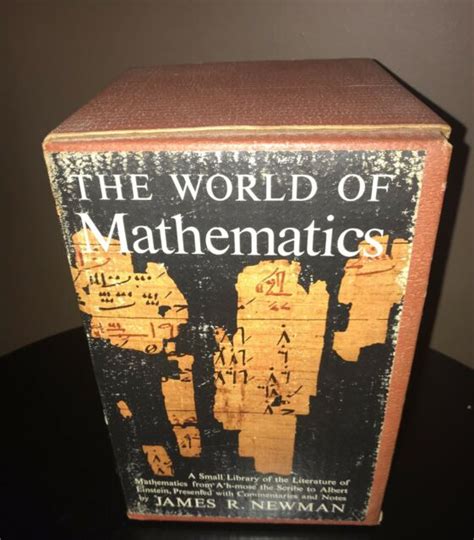A Quote by Luigi Luca Cavalli-Sforza
We chose to do this work mathematically, which has the advantage of precision but is not always appreciated by readers. It is perhaps for this reason that anthropologists have not shown much interest in these models, unlike economists, for example, for whom the use of mathematics poses no problem. However, one could reach the same conclusions by using just a bit of common sense.
Related Quotes
I just love this idea of using, especially in terms of food, using that common sense. If you follow that - it's hard to talk about it without sounding like some New Age idiot, which I think is a bit unfair - but, if you do follow that natural cycle, you will inevitably eat better, cheaper, and much, much, much, much healthier.
The first and foremost duty of the high school in teaching mathematics is to emphasize methodical work in problem solving...The teacher who wishes to serve equally all his students, future users and nonusers of mathematics, should teach problem solving so that it is about one-third mathematics and two-thirds common sense.
Mathematics is often erroneously referred to as the science of common sense. Actually, it may transcend common sense and go beyond either imagination or intuition. It has become a very strange and perhaps frightening subject from the ordinary point of view, but anyone who penetrates into it will find a veritable fairyland, a fairyland which is strange, but makes sense, if not common sense.
A chess problem is genuine mathematics, but it is in some way "trivial" mathematics. However, ingenious and intricate, however original and surprising the moves, there is something essential lacking. Chess problems are unimportant. The best mathematics is serious as well as beautiful-"important" if you like, but the word is very ambiguous, and "serious" expresses what I mean much better.
I am interested in Scripture and theology. This is an interest that I can assume I would share with a pastor, so that makes me a little bit prone to use that kind of character, perhaps, just at the moment. Then there is also the fact that, having been a church member for many years, I am very aware of how much pastors enrich people's experience, people for whom they are significant. I know that it's a kind of custom of American literature and culture to slang them. I don't think there is any reason why that needs to be persisted in.
These days, however, the main problem comes from the right - from conservatives who, unlike most economists, really do think that the free market is always right - to such an extent that they refuse to believe even the most overwhelming scientific evidence if it seems to suggest a justification for government action.
Can a controlled experiment explain why people like Kewpie dolls in one year, Beanie Babies in another, and American Girl dolls this year? Yet social scientists are asked to answer analogous questions. We economists and perhaps psychologists shouldn't overreact to the derision. That is, we shouldn't try to overlay a false sense of precision on our admittedly squooshy work.
It doesn't always make sense to have a token on the blockchain that is both useful and represents ownership - it has to be something where there's a network effect. That's why I cite Facebook as an example of what could be disrupted more so than, say, Amazon - which is bit more centralized and is not exactly a network of users in the same way.
Mathematical economics is old enough to be respectable, but not all economists respect it. It has powerful supporters and impressive testimonials, yet many capable economists deny that mathematics, except as a shorthand or expository device, can be applied to economic reasoning. There have even been rumors that mathematics is used in economics (and in other social sciences) either for the deliberate purpose of mystification or to confer dignity upon common places as French was once used in diplomatic communications.

































